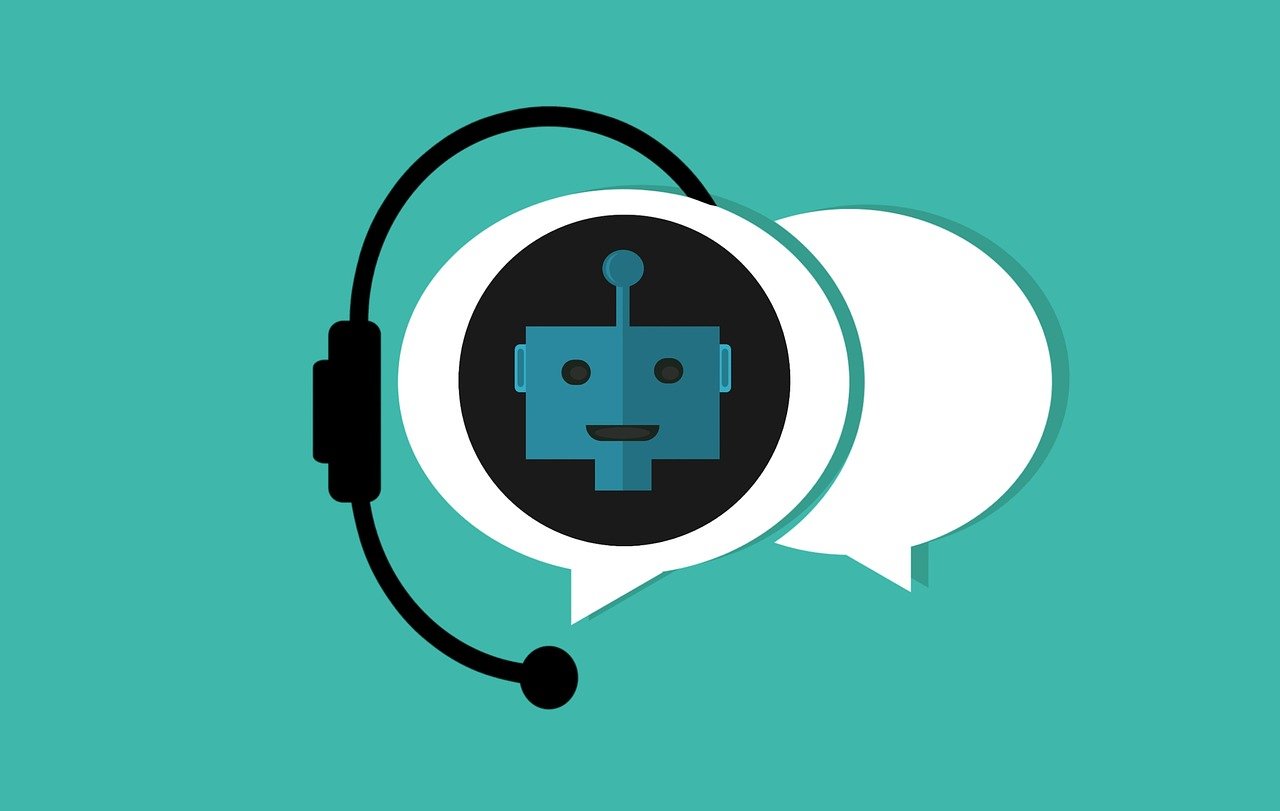Customer service has undergone a significant transformation in recent years, driven by advancements in artificial intelligence (AI). One of the most prominent changes is the rise of AI-powered chatbots, virtual assistants programmed to interact with customers and address their inquiries. This article explores the potential of AI chatbots to revolutionize customer service, analyzes the challenges they present, and examines the ethical considerations surrounding their implementation.
Enhanced Efficiency and 24/7 Availability: Redefining Customer Service
The primary advantage of AI chatbots lies in their ability to automate routine customer service tasks. Chatbots can handle queries about product specifications, order tracking, appointment scheduling, and basic troubleshooting, freeing up human agents to focus on more complex issues. This automation streamlines customer service operations, leading to increased efficiency and reduced costs for businesses. Additionally, chatbots operate 24/7, offering customers immediate assistance regardless of time zone or business hours. This enhanced availability improves customer satisfaction by providing a convenient and timely resolution to their inquiries.
Personalization and Multilingual Support: A Tailored Customer Experience
AI chatbots can analyze customer data and past interactions to personalize the customer service experience. This allows chatbots to tailor their responses based on individual customer needs and preferences, creating a more engaging and efficient interaction. Advanced chatbots can even leverage natural language processing (NLP) to understand the sentiment and intent behind customer inquiries, enabling them to respond in a more empathetic and helpful manner. Furthermore, AI chatbots can be programmed to communicate in multiple languages, assisting customers from diverse backgrounds and expanding a company’s global reach.
Beyond Automation: Building Trust and Addressing Complexities
However, the potential of AI chatbots extends beyond simple automation. Advanced chatbots can leverage machine learning to continuously improve their understanding of customer queries and responses. This constant learning process allows chatbots to become more adept at handling complex issues, potentially even engaging in basic problem-solving tasks. However, the success of chatbots hinges on building trust with customers. Transparency regarding the limitations of AI and the use of customer data is crucial. Chatbots should be designed to seamlessly transfer complex inquiries or frustrated customers to human agents, ensuring a smooth and positive customer experience.
Data Privacy Concerns and the Potential for Bias
The rise of AI chatbots raises significant questions regarding data privacy. Chatbots collect customer data during interactions, and it’s crucial for businesses to implement robust security measures to protect this information. Customers must be informed about how their data is collected, stored, and used, and they should have the option to opt out of data collection or request the deletion of their data. Additionally, AI algorithms can perpetuate existing biases if not carefully designed and trained. Businesses need to be vigilant in ensuring their chatbots are unbiased and provide fair and equitable service to all customers.
The Future of Customer Service: A Human-AI Collaboration
AI-powered chatbots represent a significant advancement in customer service, offering increased efficiency, 24/7 availability, and the potential for personalized interactions. However, their effectiveness relies on a responsible implementation that prioritizes data privacy, builds trust with customers, and recognizes the limitations of AI. The future of customer service likely lies in a collaborative approach, where AI chatbots handle routine tasks and supplement the expertise of human agents, ultimately leading to a more efficient, personalized, and positive customer experience.
